Question And Answer
Publications
Articles, publications, books, tools and multimedia features from the U.S. Institute of Peace provide the latest news, analysis, research findings, practitioner guides and reports, all related to the conflict zones and issues that are at the center of the Institute’s work to prevent and reduce violent conflict.
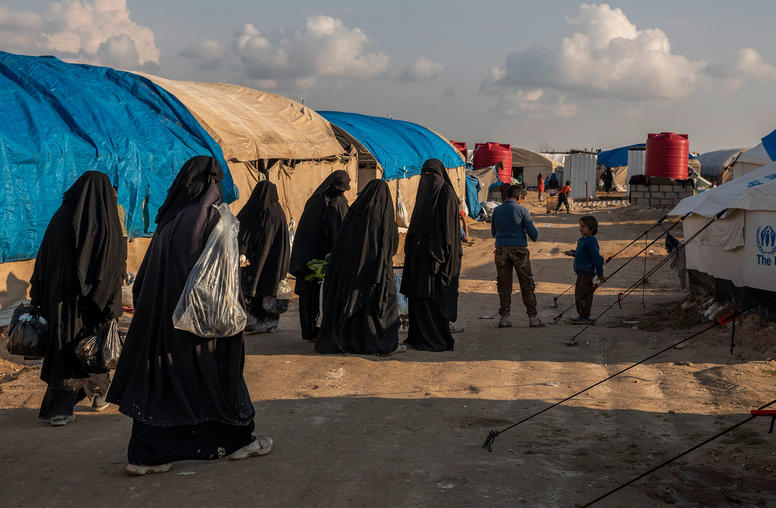
What Will Become of Iraqis in Al-Hol?
The al-Hol camp in northeast Syria—which holds tens of thousands who were living among ISIS before its territorial defeat—has presented the region and international community with a host of thorny challenges. What to do with the camp’s residents has particularly bedeviled the Kurdish authorities who run the camp as well as the governments of countries where residents came from. On October 5, Kurdish authorities said they would release the Syrians in the camp, where conditions have become increasingly unsustainable. But, nearly half of the camps’ 65,000 residents are Iraqis, and their prospect for return remains deeply uncertain. USIP’s Sarhang Hamasaeed discusses the situation facing Iraqis in al-Hol and the challenges ahead if they indeed return.
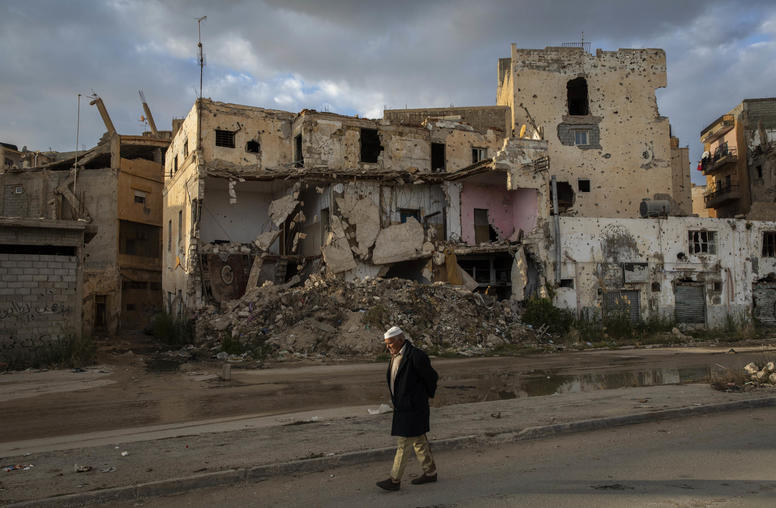
Libya: Peace Talks Advance, But Will Need Local Support
Libyans have taken an uncertain step toward ending nearly a decade of civil war, agreeing in U.N.-mediated talks to hold national elections in December 2021. The discussions, in the neighboring capital, Tunis, fell short of yielding a transitional government to oversee the elections and the establishment of a new constitution. The talks are shortly to resume. From Tunis, USIP’s Nate Wilson notes that the step is positive for a country that began 2020 with a surge in warfare and the involvement of foreign forces. Making this peace effort effective will require restraining that foreign involvement, he says, and will need to ground the talks in grassroots support.
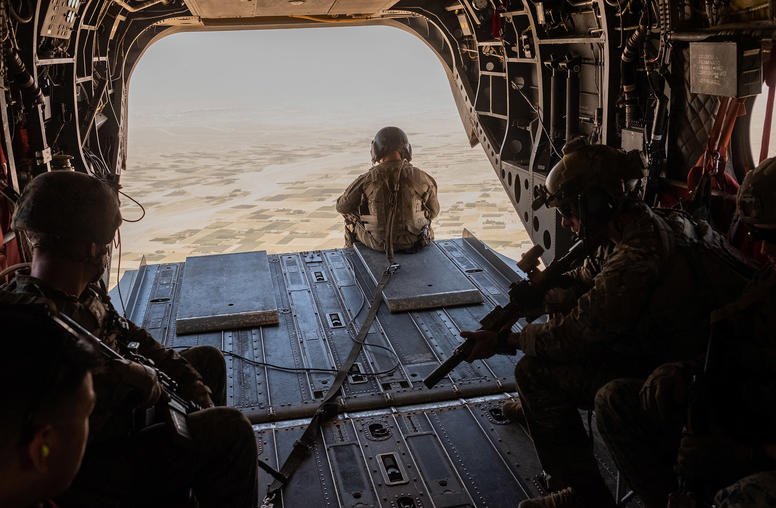
Afghanistan Withdrawal Should Be Based on Conditions, Not Timelines
The Taliban’s tactic of running out the clock on the U.S. troop presence may bear fruit after the announcement on Tuesday that U.S. forces will reduce to 2,500 by January 15. The Trump administration successfully created leverage by engaging directly with the Taliban to meet their paramount goal of a U.S. withdrawal in exchange for genuine peace talks and counterterrorism guarantees. This strategy brought about unprecedented negotiations between Afghan government representatives and the Taliban in Doha. A walk down a conditions-based path to peace, long and winding as it may be, had begun.
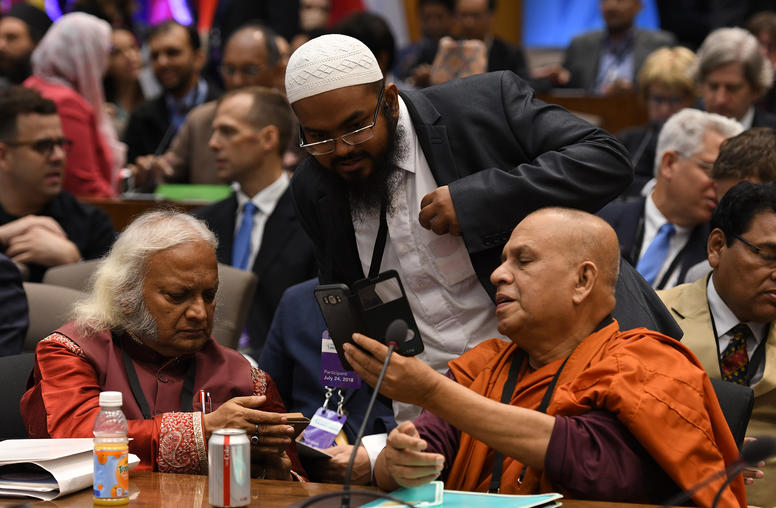
Human Rights Education as the Solution to Religious Persecution
Persecution on account of religion or belief confronts every community somewhere around the world—and it is an increasing trend. Challenges range from terrorist violence against minorities, such as ISIS’ depravations against Yazidis, to persecution by authoritarian governments, with China’s targeting of all faiths a prime example. To organize a defense of freedom of conscience and belief, the United States convened the Ministerial to Advance Freedom of Religion or Belief in 2018 and 2019, bringing together a virtual congress of nations and civil society activists from around the world. The third ministerial, organized by Poland, was held virtually in mid-November. Discussions identified challenges but also solutions. One consistent answer to the vexing problem of persecution was proffered: educating youth about human rights and pluralism.
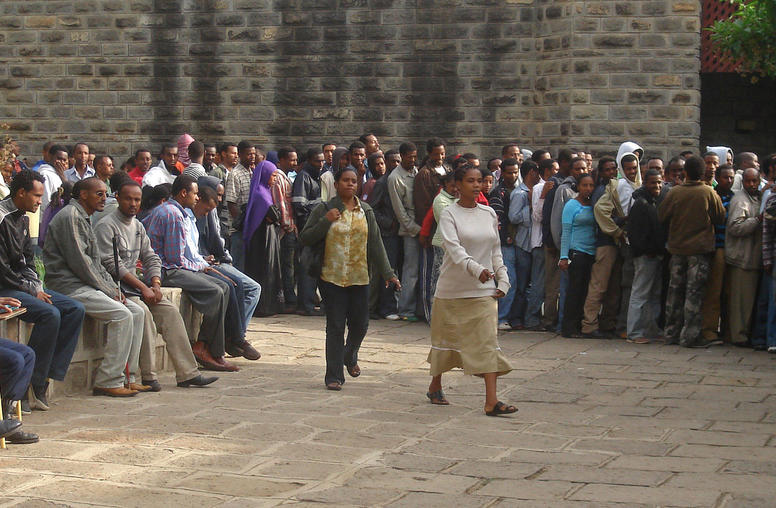
Ethiopia’s Problems Will Not End with a Military Victory
As violence continues over control of the northern Ethiopian region of Tigray, Ethiopia’s future remains unsettled, even if the conflict ends soon. Achieving the federal government’s security objectives in Tigray is unlikely to resolve both new and entrenched political challenges, and already delayed national elections, now expected in 2021, may prove a severe test of Ethiopia’s political order, and consequently affect broader regional stability. Reconciling the electoral process with efforts for reconciliation and national dialogue is now even more imperative.
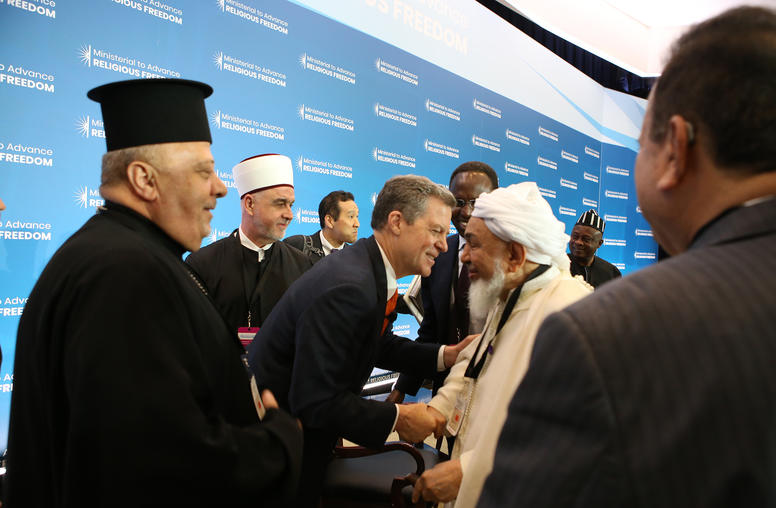
Four Thoughts on Advancing Religious Engagement in Diplomacy and Development
After nearly 20 years and across three successive U.S. administrations, it is clear that a bipartisan consensus exists among senior foreign affairs leadership that engaging religious actors to advance key American diplomatic, national security, and development objectives needs to be a priority. With some 84 percent of the world’s population expressing a faith affiliation, the role of religion as a social force around the world—and one that figures centrally in many peacebuilding contexts—cannot be ignored in our foreign relations.
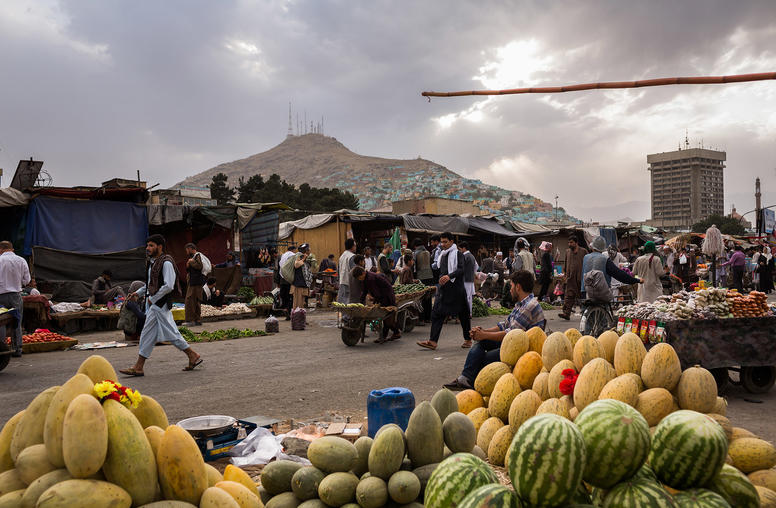
Afghanistan Aid Conference Yields Mixed Results
The quadrennial international donor conference for Afghanistan, held virtually late last month from Geneva, was largely shaped by the pitfalls and roadblocks forecast months ago when the event was publicly announced. Delays in the peace process, worsening violence, and unveiling of plans for further U.S. troop reductions left the meeting’s potential unmet. Yet amid the unsatisfying results, some hopeful rays broke through. In particular, the size and duration of aid pledges provided at least something to build on.
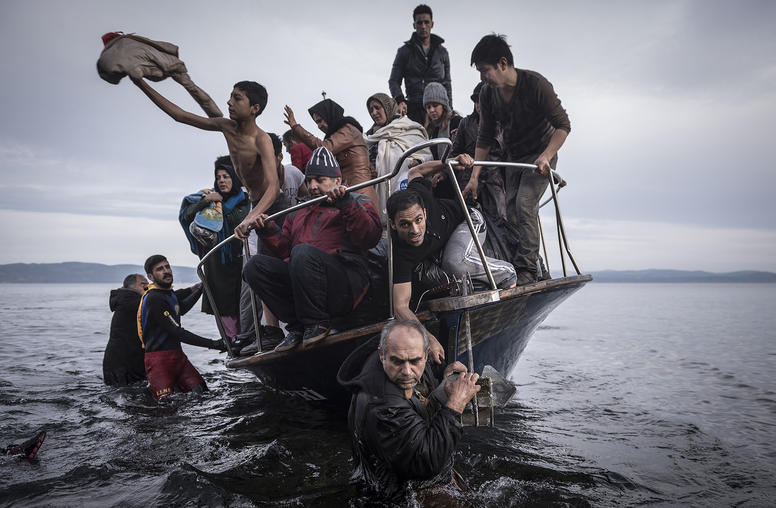
A Rapidly Changing World Requires Renewed International Cooperation
Emerging from the economic havoc of the Great Depression and the violence of World War II, the United States found itself at a hinge of history moment. American leaders like President Harry Truman and Secretary of State Dean Acheson believed that the United States should not only change the way it engaged with the world but assert itself to shape and lead it into a new era of international cooperation. Today, amid a global pandemic, the world faces a similar moment, with massive technological, demographic, environmental, and geopolitical shifts redefining the global order, said former Secretary of State George Shultz. “They [American leaders after World War II] said what we could say now … we are part of this world, whether we like it or not. And they set out to try to make something different.”
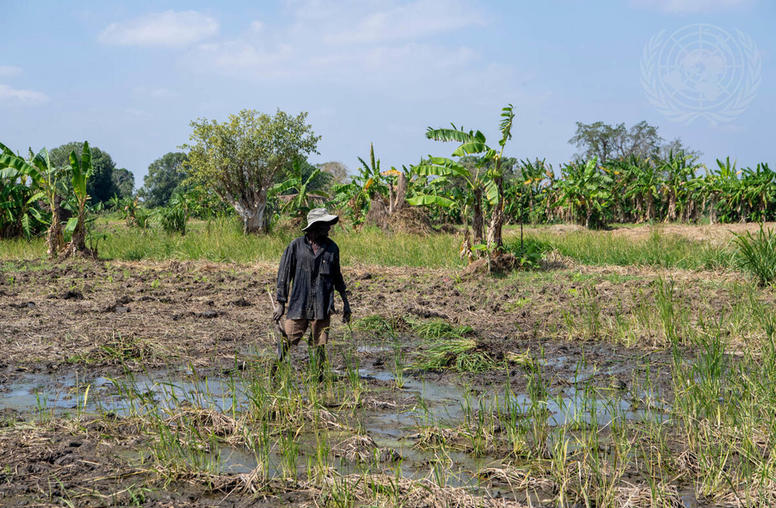
Mozambique’s Crisis Requires a New Playbook to Fight Extremism
Over the past three years, a local Islamist insurgency in the northern Mozambican province of Cabo Delgado has grown in strength and viciousness, developing ties with international terrorist groups and threatening one of the world’s largest natural gas projects. The insurgency is turning Cabo Delgado into a killing field.
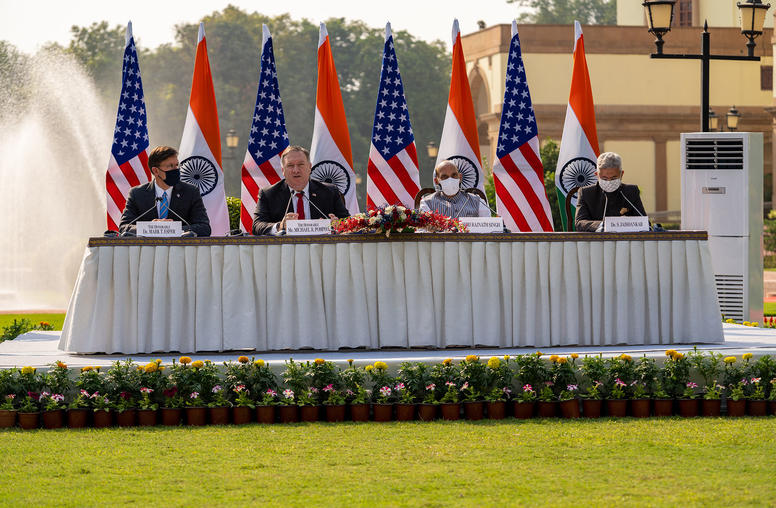
Spurred by China Rivalry, U.S., India Deepen Strategic Ties
The United States and India inked on October 27 a key agreement that will help New Delhi get real-time access to American geospatial intelligence. The agreement, known as the Basic Exchange and Cooperation Agreement (BECA), was a result of the 2+2 ministerial dialogue between U.S. and Indian defense and foreign affairs chiefs, following a trend in recent years of deepening military cooperation geared toward pushing back on China’s increasingly assertive policies in the region. This comes after a spate of skirmishes this year on the Line of Actual Control (LAC), a Sino-Indian disputed border region. USIP’s Vikram Singh looks at India’s evolving defense posture, deepening U.S.-Indian ties, and how it relates to India’s rocky relationships with China and Pakistan.